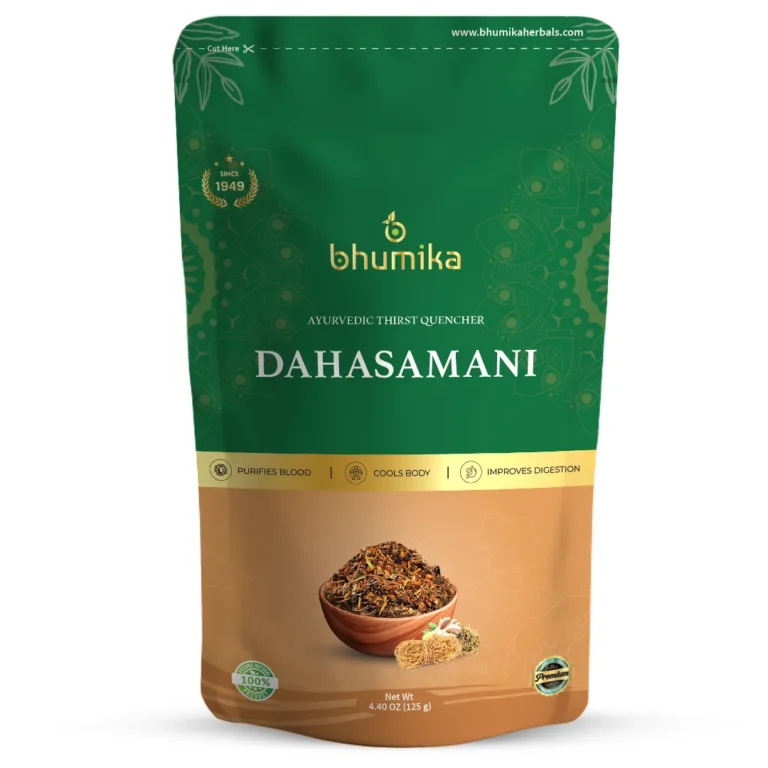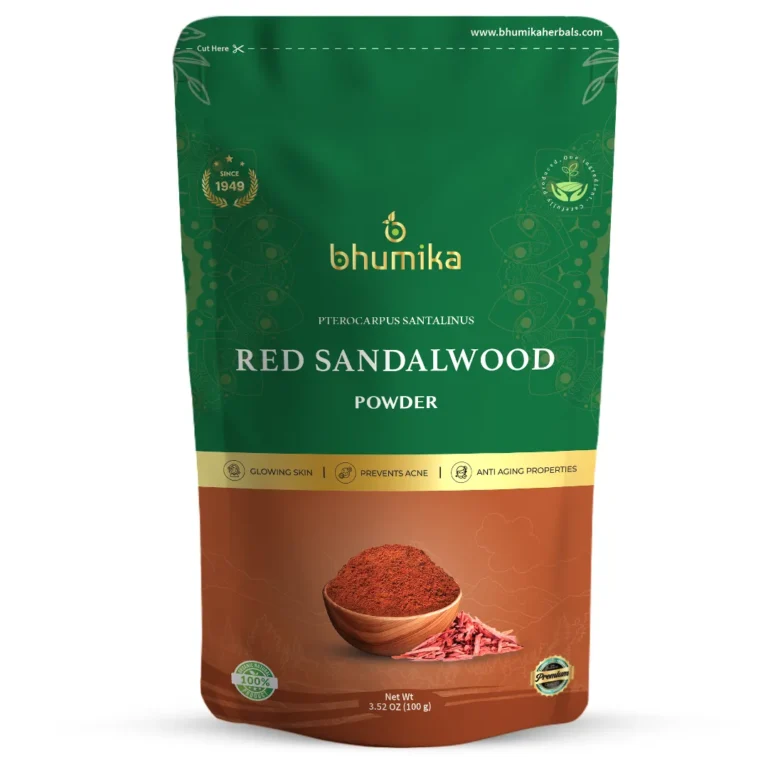Rasna Plant – Traditional Ayurvedic Uses and Benefits
Share this!

The Rasna plant, scientifically known as Pluchea lanceolata, is an aromatic plant with amazing health benefits. It has been used as a regular ingredient in various Ayurvedic medicines. This plant provides a range of health advantages, including pain relief, reducing inflammation, and supporting detoxification.
We all know that the Ayurvedic system of medicine is based on the balance of different doshas, and this plant is highly beneficial for balancing vata dosha. This blog will discuss the Rasna plant and its health benefits.
What is Rasna
The Rasna plant (Pluchea lanceolata) is a medicinal herb native to India. It is a renowned Ayurvedic medicine because of its anti-inflammatory, analgesic, and detoxifying properties. It has been used as a remedy for diseases like joint pain, arthritis, respiratory issues, and digestive disorders.
Rasna can balance the Vata dosha (which governs movement in the body), so it helps to overcome problems related to Vata imbalances. Almost every part of the Rasna plant is used in various Ayurvedic recipes. Its roots, leaves, and extracts are prominent ingredients in various Ayurvedic medicines. It is a multifaceted remedy for inflammation, muscle pain, and overall wellness.
Rasna contains significant amounts of potent bioactive compounds such as the phytonutrients moretenol, neolupenol, hexacosanoic acid, tetracosanoic acid, triacontanol, stigmasterol, and beta-sitosterol-D-glucoside, exhibit powerful anti-inflammatory and antioxidant properties.
Alternative Names of Rasna Plant
|
Language |
Alternative Name |
|
Sanskrit |
Sugandha |
|
Hindi |
Rayasan |
|
Punjabi |
Sarmai |
|
Kannada |
Chithramoolaka |
|
Tamil |
Arattai |
|
Malayalam |
Aratta, Chittaratta, Kolinji |
Rasna Plant and its Usages
- Rasna plant root( dried powder or raw)- Used to reduce chronic pain and resolve indigestion.
- Stem ( dried powder) – Cures joint pain and indigestion.
- Leaf + root (decoction)- Used to cure Asthma, Bronchitis and Cough.
- Leaf( paste) -Used to reduce body pain.
Benefits Offered by Rasna

Rasna is known for offering several health benefits, including the following:
Say No to Painkillers
The use of painkillers is not good for our health, as they may cause severe health problems. In this scenario, natural painkillers or herbal analgesics are more relevant. Among them, Rasna has its position. Rasna’s most popular benefit is its ability to reduce inflammation and relieve pain. This plant’s roots, leaves, and extracts are commonly used to treat arthritis, sciatica, and joint pain. Rasna contains flavonoids and polyphenols.
So, Rasna inhibits the pathways that cause inflammation in our body. Its natural analgesic properties make it an effective alternative to synthetic painkillers. Those who are suffering from chronic pain conditions can relieve their pain without any side effects by using Rasna.
Better Digestion
Improper digestion can lead to various problems. Maintaining healthy digestion is crucial for overall well-being. Rasna plays a crucial role in promoting good digestive health. It helps to stimulate the digestive system, relieves bloating, and reduces indigestion. Rasna supports a healthy gut by promoting balance in the digestive system and relieves conditions such as constipation and irritable bowel syndrome (IBS). Rasna is often used to detoxify the body. So, those who have any digestive issues can definitely go for this. It will transform your body by making your digestion proper.
Better Joints and Bones
Joint pain and low bone density are common issues faced by many people these days. Here, Rasna becomes relevant. Rasna is commonly used against various inflammatory diseases because of its efficacy in managing conditions like rheumatoid arthritis and osteoarthritis. It strengthens our bones and enhances joint mobility.
Ayurvedic physicians often prescribe rasna-based medicines for reducing swelling, stiffness, and pain associated with joint disorders. Additionally, the plant’s ability to balance Vata dosha (the Ayurvedic element responsible for movement) helps overcome musculoskeletal discomfort.
Helps You During Respiratory Problems
In Ayurveda, Rasna has been used for centuries to treat respiratory issues such as asthma, bronchitis, and cough. Its ability to act as an expectorant helps to clear mucus from the respiratory tract and facilitates easy breathing. Also, Rasna’s anti-inflammatory properties help to reduce swelling and irritation in the bronchial tubes. Consuming Rasna provides relief from various symptoms associated with chronic respiratory diseases.
Better Immunity
One thing we can do as a preventive measure is to improve immunity. One of the most popular benefits of Rasna is its ability to strengthen the immune system. Rasna is packed with essential vitamins, minerals, and phytonutrients. So, this plant helps the body fight against infections and illnesses more effectively. Regular consumption of Rasna can help improve overall immune function and reduce the chances of getting diseases easily.
Improved Skin Health
Rasna is applied externally to help manage skin conditions such as eczema, psoriasis, and small cuts or wounds. Because of its anti-inflammatory and antibacterial properties, Rasna can be applied to rashes, redness, and irritated skin, promoting faster healing.
How to Use Rasna
Rasna can be used in different ways. Here are some effective methods to use Rasna.
- Rasna oil: Usually, Rasna oil is used for problems like joint pain or arthritis. Massage using Rasna oil helps us to overcome these problems. Take the required amount of Rasna oil and gently massage the affected area.
- Rasna Powder: Rasna powder improves respiratory health, immunity, and digestion.
- Rasnadi Guggulu: It is a commonly used tablet known for its effectiveness in relieving joint pain
Rasna Kashayas
Rasna is available in the form of Kashayas, for example
- Rasna Erandadi Kashaya: It is useful for treating muscle and joint pain.
- Rasna Sapataka Kashaya: This is prescribed to treat rheumatoid arthritis, thigh cramps, and muscle stiffness.
- Maharasnadi Kashaya: It is a remedy often used to relieve joint pain and inflammation and soothe muscle aches.
Always consult an Ayurvedic practitioner to know the correct dosage and form of Rasna that best suits your needs.
Rasna is an Ayurvedic herb capable of replacing all synthetic medicines with side effects. Generally, Rasna is safe to use, but in some rare cases, it may create problems. To avoid this, always do a test before using it. Which one do you prefer, Rasna with no side effects or other medicines with side effects?
Related Topics
| Blood Purifying Foods | Lemon Tea Benefits |
| Water Apple Benefits | Benefits of Anjeer |
Frequently Asked Questions on Rasna Plant
What is rasna herb?
Rasna, also referred to as Pluchea lanceolata, is a perennial herb belonging to the Asteraceae family. It is indigenous to the northwestern parts of India, thriving mainly in the rich soils of the Indo-Gangetic plain. Typically, this plant grows to a height of about 30 to 60 centimeters.
What is the Malayalam name of the Rasna plant?
In Malayalam, the Rasna plant is called Aratta, Chittaratta and Kolinji.
What are the types of Rasna plant?
The three types of Rasna plant include Pluchea lanceolata, Alpinia officinarum, and Alpinia calcarata.
What is the rasna plant botanical name?
The scientific name of the rasna plant is Pluchea lanceolata.
Share this!
Share this!
Shop by Concern
Ayurvedic Products for Dark Circles & Puffy Eyes (4) Best Ayurvedic Products for Acne & Pimples | Natural Clear Skin Care (8) Dandruff & Scalp Itchiness (6) Dead Skin Cells (5) Dehydrated Skin (4) Dry & Damaged Hair (5) Dryness (4) Dry Scalp (6) Dry Skin (3) Dull Skin (7) Excessive Oilness (4) Face Care (8) Fine Lines & Wrinkles (7) Greying (3) Hair Care (8) Hairfall (6) Hair Loss & Growth (6) Hyper Pigmentation (5) Post Partum Hairloss (2) Skin Brightening (8) Skin Care (7) Stretch Marks (3) Tanned Skin (5) Uneven Skin Tone/ Pigmentation (5) Uneven Skintone/ Texture (5)








